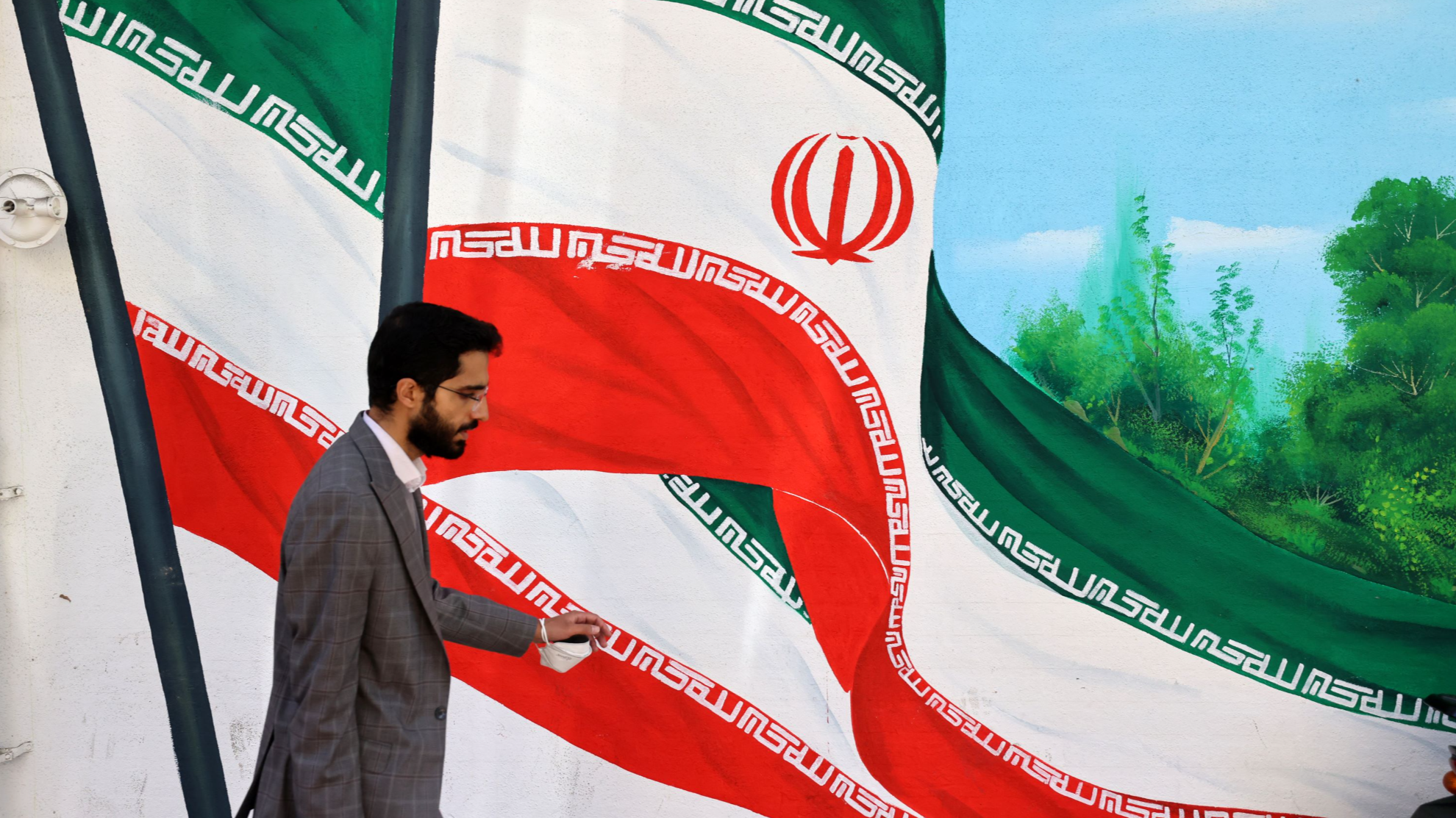
TEHERAN - Iran on Saturday strongly condemned a new US travel ban targeting citizens from several countries, including Iran, calling the move a "clear sign of deep-seated hostility toward Iranians."
Iran's Foreign Affairs Ministry, in a statement reported by state news agency IRNA, denounced the US government's decision, asserting that the restrictions target individuals solely based on their nationality and religion.
The ministry added that such policies reflect a discriminatory mindset and violate fundamental principles of international law, including the principles of non-discrimination and respect for human rights.
ALSO READ: Iran's Araghchi warns E3 of ‘strong reaction’ if Teheran's rights violated
The statement called on the United Nations and international human rights bodies to publicly oppose Washington's "unilateral and discriminatory measures." It also affirmed that Iran would use all available means to protect the rights of its citizens and respond to the consequences of such actions by the US administration.
US President Donald Trump signed a proclamation on Wednesday evening to ban travel from certain countries, citing national security risks. The White House said the proclamation, set to take effect on June 9, would fully ban the entry of nationals from 12 countries: Afghanistan, Chad, the Republic of the Congo, Equatorial Guinea, Eritrea, Haiti, Iran, Libya, Myanmar, Somalia, Sudan, and Yemen.
Ready for inspection
Meanwhile, Iranian President Masoud Pezeshkian said on Saturday his country is ready for inspection of its nuclear facilities, but does not accept coercion.
Pezeshkian made the remarks in a meeting with Kazakhstan's Deputy Prime Minister and Foreign Minister Murat Nurtleu in the Iranian capital Teheran while commenting on the ongoing indirect nuclear talks between Teheran and Washington, according to a statement published on the website of his office.
He said that Iran's nuclear activities were completely "transparent," and the International Atomic Energy Agency had confirmed it repeatedly.
"As we are ready for inspections, we consider as unacceptable any deprivation of nations of knowledge, technology and scientific achievements," he said, adding that Iran was always ready to listen to logical discourse but would never accept "coercion and bullying."
Iran and the United States have held five rounds of Oman-mediated indirect talks starting from April on Teheran's nuclear program and the lifting of US sanctions.
'Sabotage'
Also on Saturday, Iran said it has found new evidence suggesting "sabotage" was behind the presence of unexplained uranium traces at several of its sites, pushing back against a critical report from the UN's nuclear watchdog.
The statement from Iran's Atomic Energy Organization (AEOI) was a direct response to a recent IAEA report, which concluded Teheran had failed to provide credible explanations for the man-made uranium traces found at three undeclared locations.
READ MORE: Minister: No further talks if UK wants ‘zero uranium enrichment’ in Iran
In that report, IAEA Director General Rafael Grossi accused Iran of providing "less than satisfactory" cooperation.
In its rebuttal, the AEOI said its security authorities had "discovered more clues... confirming that acts of sabotage or hostile actions" were responsible for the nuclear contamination. The organization asserted it had made "utmost efforts" to identify the source of the material.
Teheran also argued that the IAEA report itself contained no proof that its "peaceful" nuclear program had been diverted for military objectives. It added that there was "no credible evidence" that the outstanding issues carried any proliferation risk.
'Sensitive' documents
Iran also claimed that its intelligence agencies have obtained a significant cache of documents related to Israel's nuclear program, Iranian state broadcaster IRIB said on Saturday, a report that Israeli officials have not commented on.
The documents, which Iranian media described as "sensitive and strategic," were reportedly smuggled out of Israel. The IRIB, citing unidentified regional sources, called the alleged acquisition one of the most significant intelligence breaches in Israel's history.
The material is said to include thousands of files detailing Israel's nuclear facilities and plans. The transfer of the documents required a period of media silence to ensure their safe arrival in Iran, the IRIB said. The state broadcaster noted that the volume of data was so large that it took several weeks to review and catalog.
The Iranian report follows a May 20 announcement by Israel's Shin Bet security agency and police. In a joint statement, they said two Israeli citizens had been arrested in April near Haifa on suspicion of intelligence gathering for Iran. The IRIB suggested the arrests might be linked to the document exfiltration, but claimed they occurred after the files were already out of the country.
There was no immediate comment from Israeli authorities on the IRIB report.


